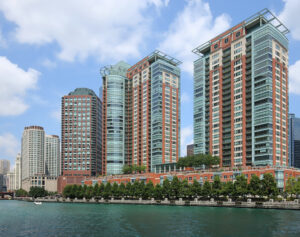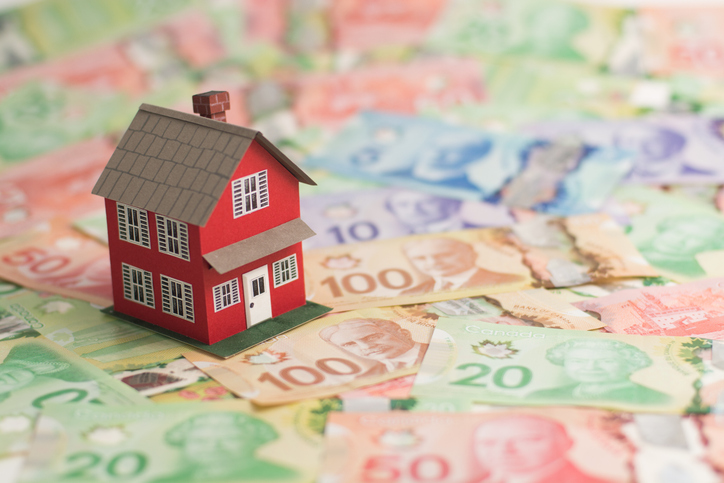Taxpayers on The Hook for Nearly Half of Apartment Building Mortgages
The comments below are an edited and abridged synopsis of an article by Tyler Durden
It’s not a good time to own an apartment building in the US. Millions are struggling to pay rent and, despite the extension of the eviction moratorium through January 31, many are facing eviction. According to data released in November, 17 million households are behind on rent or mortgage payments.
This has a trickle-down effect. If renters can’t pay their rent, that makes it difficult for apartment building owners to keep up with their mortgage payments. If they default, the US taxpayer stands to be on the hook.
Total outstanding mortgages on multifamily housing property stood at $1.65 trillion in Q3, up by about $31 billion from Q2. Of that amount, the US government backs $798 billion, or 48.4% of all mortgages on multifamily properties.
Uncle Sam backs these loans through GSEs, such as Fannie Mae and Freddie Mac, along with government agencies such as Ginnie Mae. GSEs often securitize these loans into commercial mortgage-backed securities that are sold to investors. This practice led to the housing crisis of 2008.
In simple terms, ‘government-backed’ means that the US taxpayer is ultimately on the hook for any losses.
The US government got into multifamily real estate debt during the 2008 financial crisis. Until then, government-backed multifamily debt was about on par with the holdings of banks and thrifts. Since then, the government’s share has shot up to nearly 50%.
Apartment building owners are barely holding on, hoping the pandemic relents and the economy improves. If not, a lot of mortgage defaults are on the horizon. The situation is particularly dire in big cities, where there is an exodus of people and plunging rents.
Landlords with non-paying renters protected by eviction bans are trying to make mortgage payments on their properties, hoping that this is a short-term phenomenon, that people will rent those apartments and catch up with payments. If not, taxpayers will once again be left holding the bag.


